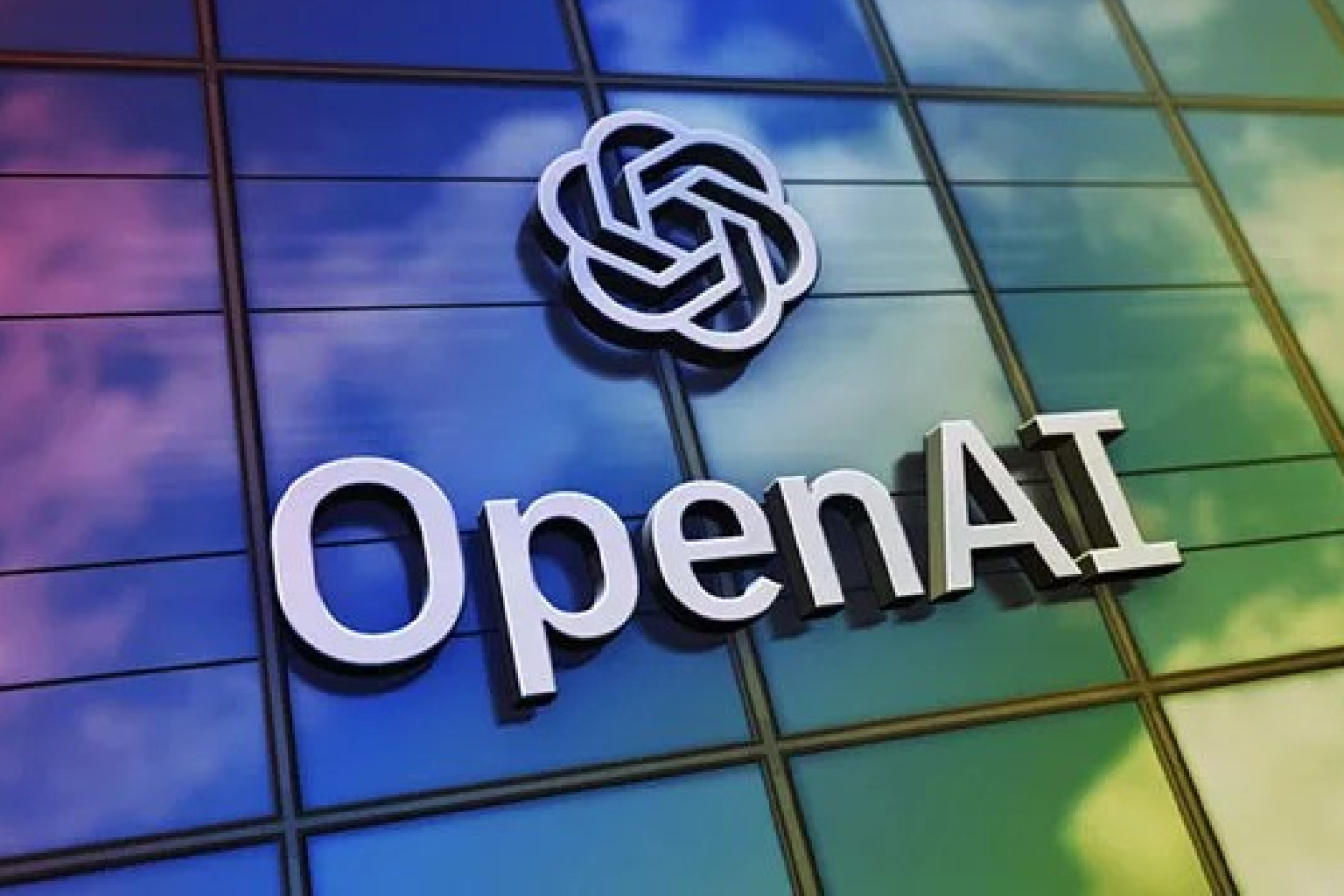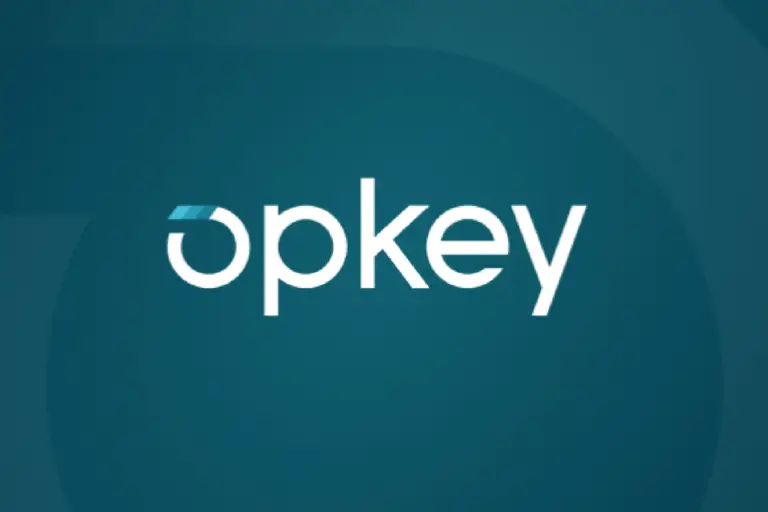
California Senator Criticizes OpenAI’s Stance on State AI Bill as ‘illogical’
OpenAI urges California lawmakers to reject a proposed AI bill, arguing it could hinder innovation and drive companies out of the state, while Senator Wiener defends the legislation as necessary regulation.
OpenAI write a letter to California State Senator Scott Wiener and Governor Gavin Newsom on Tuesday, advocating for the repeal of the state’s most controversial AI bill.
The big AI company said Wiener’s SB 1047 would make it difficult for new people and ideas to come to California. “That doesn’t make sense,” Wiener said right away.
In a letter obtained by TechCrunch, OpenAI’s Chief Strategy Officer Jason Kwon said, “The AI revolution is just getting started, and California’s unique status as the global leader in AI is fuelling the state’s economic dynamism.” SB 1047 would slow down this growth, leading California’s top engineers and business owners to seek better opportunities elsewhere.
Because of these risks, we need to protect America’s AI edge with federal rules instead of state rules. These rules will provide AI labs and developers with clarity and certainty, as well as keeping everyone safe.
On Tuesday, the company joined a large group of people in California who are against SB 1047. They added their voices to those of Google and Meta trade groups, investment firm Andreessen Horowitz, well-known AI researchers, and California Representatives Nancy Pelosi and Zoe Lofgren. Someone from OpenAI said that the company has been talking with Senator Wiener’s office about the bill for months. Sen. Wiener, on the other hand, calls the AI lab’s claim that SB 1047 would force AI companies to leave California “tired.”
In a Wednesday press release, Wiener said that OpenAI doesn’t really “criticize a single provision of the bill. “So the company’s claim that businesses will leave California because of SB 1047 “doesn’t make sense,” he says. “SB 1047 doesn’t just affect businesses with headquarters in California.”
As we’ve already said, SB 1047 affects all AI model developers with businesses in California that are at least a certain size. They would have to follow these rules if they let people in California use their products, regardless of whether the AI company was based in San Jose or San Antonio. The Biometric Information Privacy Act in Illinois is a positive example of a law with this kind of reach.
However, Bloomberg says that OpenAI has put off talks about expanding its San Francisco offices because it is worried about how the state’s regulations will affect the business.
A lot of time has passed since OpenAI had an office in the Mission District of San Francisco. Uber recently moved into a new office in the city’s Mission Bay area.
Wiener said in the statement, “OpenAI doesn’t criticize what the bill does; instead, they say that Congress should handle this issue.” “As I’ve said many times, I agree that Congress should handle this.”
Congress hasn’t done that yet, though, and we don’t think they will. In the past, tech companies have taken similar positions on privacy laws, calling for federal regulation even though they know it will take a while. In that case, California also stepped up.
Federal and State AI Regulations
OpenAI has supported several federal bills that regulate AI models. One of these bills makes the US AI Safety Institute a federal body that can set standards and guidelines for AI models.
In general, this aligns well with the responsibilities outlined in SB 1047 for the Board of Frontier Models.
California lawmakers made a lot of changes to SB 1047 so that Governor Newsom could sign a less controversial AI bill, but the state’s most important AI lab still doesn’t think the bill is worth passing. SB 1047 is now going to the California Assembly for a final vote. By the end of the month, it might be on Governor Newsom’s desk.
The governor of California hasn’t said how he feels about SB 1047, but if he signs it, many businesses are likely to be against him.


